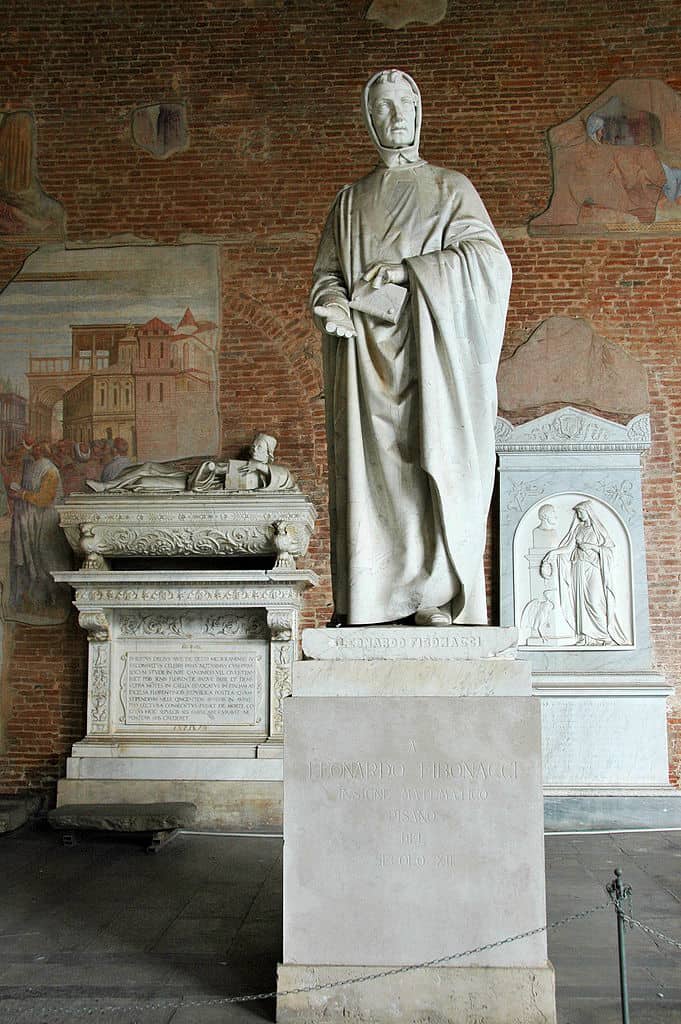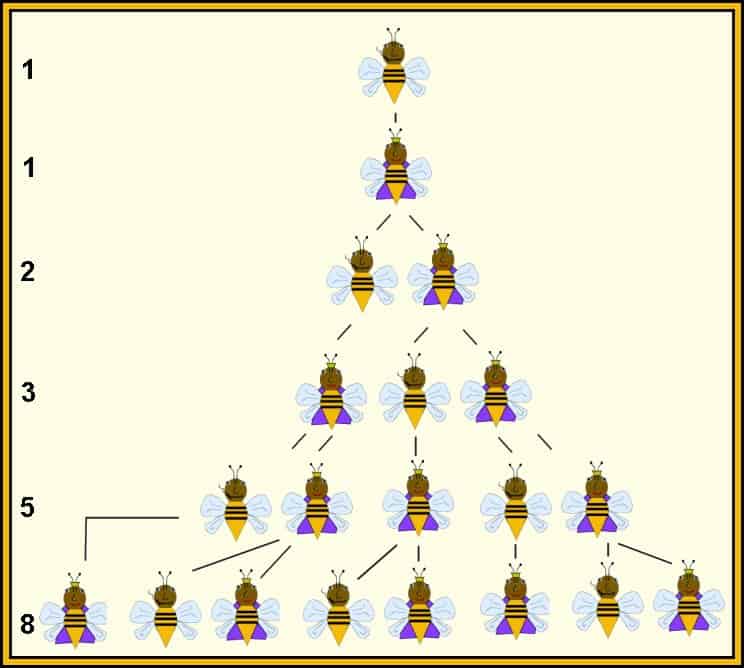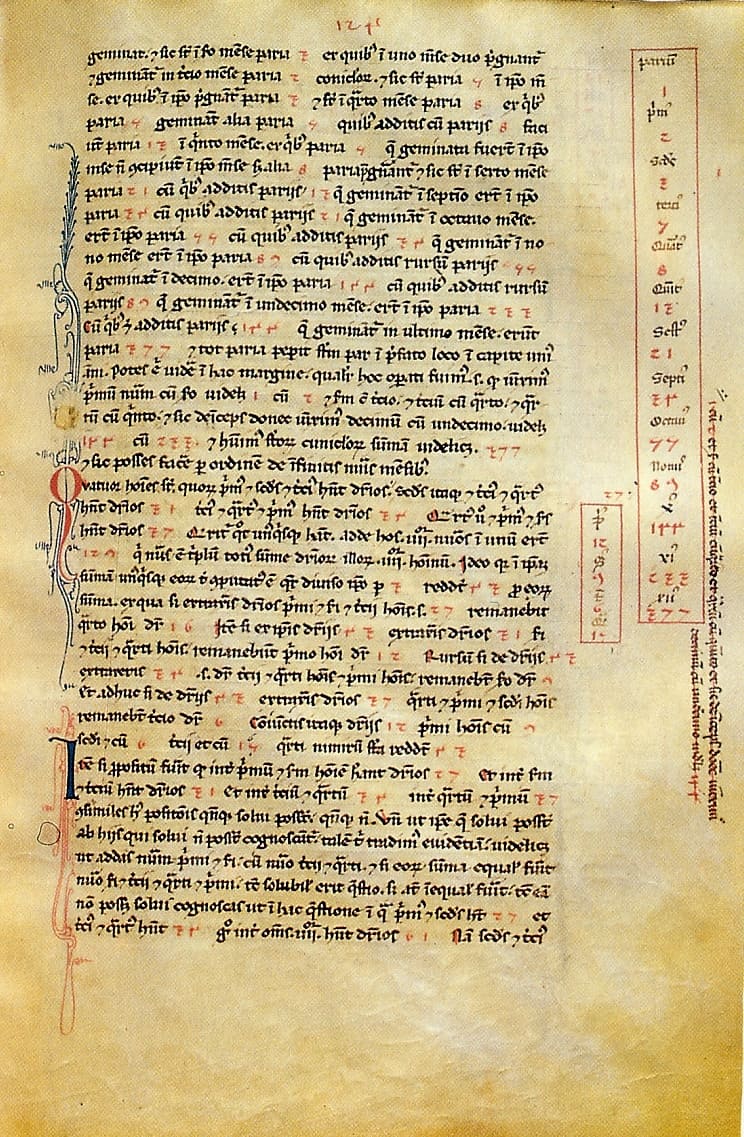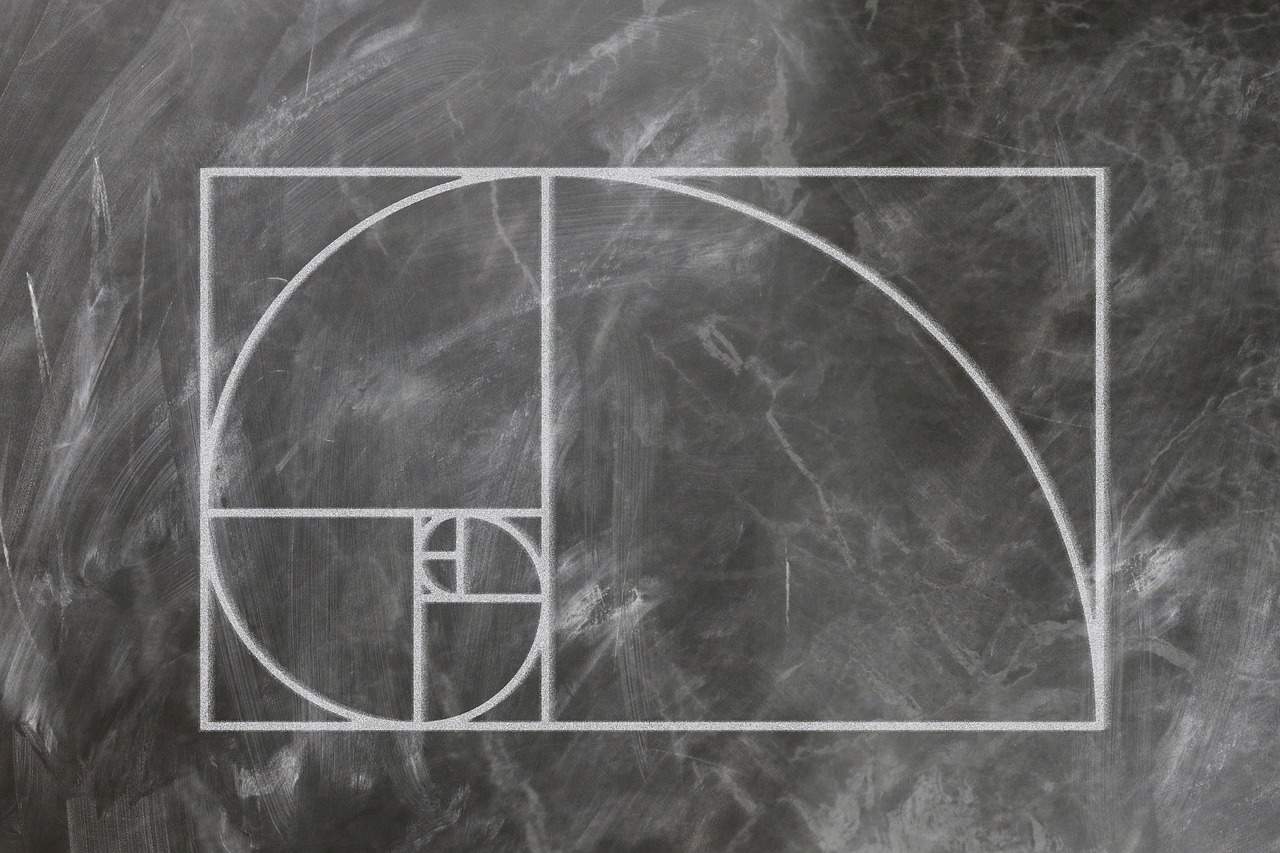
- Leonardo Fibonacci learned the Hindu-Arabic numeral system in Algeria, North Africa.
- In his journeys, Leonardo Fibonacci met several merchants. They studied different numerical systems and ways of calculation.
- The Republic of Pisa honoured Leonardo Fibonacci because of his achievements.
- Fibonacci learned several advantages of the Hindu-Arabic numeral system.
- Leonardo Fibonacci’s father Guglielmo Bonacci was a wealthy Italian merchant.
- Leonardo Fibonacci was born in Pisa, Italy in 1170.
- Fibonacci traveled across the Mediterranean till around 1200.
- His father represented the merchants of the Republic of Pisa.
- In the era of Leonardo Fibonacci, only a few scholars in Europe know the Hindu-Arabic system.
- Because of his interest in mathematics, Emperor Frederick II invited Fibonacci as a guest.
- Leonardo Fibonacci is also known as Leonardo Pisano.
- Bonaccinghus Bonacci is the only sibling of Leonardo Fibonacci.
- Fibonacci was the most capable mathematician of the medieval Christian world.
- He traveled around Sicily, Syria, Greece, and Egypt.
- There was no exact date of Fibonacci’s death. But historians estimated it to be somewhere between 1240 and 1250.
- In 1202, Fibonacci completed Abaci (Book of Calculation).
- Fibonacci completed the Liber Quadratorum (Book of Square Numbers) in 1225. It was his masterpiece.
- Despite Fibonacci’s importance or hard work, his work is not translated into English.
- The method of searching a sorted array has the aid of Fibonacci numbers.
- Today, the Fibonacci indicator is widely used, accepted and respected in trading. The Stock, Forex, Commodities, and Cryptocurrency Market use it.
The Fibonacci sequence has a special rule.
The Fibonacci sequence is a series of numbers in which each number is the sum of the two preceding ones, which is 0, 1, 1, 2, 3, 5, 8, 13, 21, 34, 55, … Therefore, 0 + 1 = 1, 1 + 1 = 2, 1 + 2 = 3 and so on. Go ahead, try it yourself!
Indian mathematics was the first to describe it. But it was Fibonacci who instituted the sequence into Western European mathematics. In addition, this series can extend to 0 and negative integers like F0 = 0, F-1 = 1, F-2 = -1, F-3 = 2, F-4 = -3, F-5 = 5, and so on.
We can see Fibonacci numbers in everyday life.
These numbers appear in mathematics frequently. We can observe it in our daily lives such as using it to calculate or estimate miles to kilometers.
Let’s take a look at the sequence 1, 2, 3, 5, 8, 13, 21, 34, 55, 89, … and take any two consecutive numbers from this series. 13 and 21: 13 miles = 21 kilometers. 34 and 55: 34 miles = 55 kilometers.
In Leonardo’s calculation, the Fibonacci numbers start at 1. However, in the modern calculation, it starts at 0.
November 23 is Fibonacci Day.
It is the day of Fibonacci because the numbers are in the Fibonacci sequence of 1, 1, 2, 3. This coincides with the date in mm/dd format (11/23).
Leonardo Pisano is the original name of Leonardo Fibonacci.
In the Middle Ages, he was famous for being the most talented Western mathematician. A French historian coined the name Fibonacci which is short for “Fillius Bonacci”. It means the “son of Bonaccio” which refers to Fibonacci’s father.
Leonardo Fibonacci demonstrated the benefits of numbering.
He used a variety of trade mathematical areas. Aside from that, he also demonstrated the practical effectiveness of this kind of numbering.
The Fibonacci sequence has a relation to the Golden Ratio.
We can find the Golden ratio in the patterns of nature like the spiral leaves.
We can find the Fibonacci sequence in the origin of a drone bee.
An extra fact, drones are another term for male honey bees. These drones are the product of unfertilized eggs, and they only have 1 female parent. Whereas queen bees have 2 parents. Putting this information into a family tree, the pattern of a bee’s family tree follows the Fibonacci sequence. Don’t believe us? Here’s why.

You can also find Fibonacci Numbers in other natural settings.
It is in nature like the branch of the trees, the arrangement of a pine cone, and the straighten fern. For the flowers, the number of petals is a Fibonacci number. A rare variation of the common three-leaf clover is the four-leaf clover. These four-leaf clovers bring good luck. Because according to superstition, it is lucky since four is not a Fibonacci Number and it is rare.
Leonardo Fibonacci wrote Practica Geometriae.
Fibonacci also produced a brief work called the Practica Geometriae. It includes 8 chapters of theorems based on Euclid’s Elements and Divisions.
Finance uses Fibonacci Retracement.
Technical analysis uses Fibonacci Retracement. It refers to areas of support and resistance. The most popular numbers of Fibonacci Retracements are 23.6%, 38.2%, 61.8% and 100%. 50% is not a Fibonacci Number but it is also observed in technical analysis trading.
The historic book Liber Abaci was by Leonardo Fibonacci.

Liber Abaci made an impression on the people in Europe. It is a 1202 historic book on arithmetic. Liber Abaci is among the first Western books to describe the Hindu–Arabic numeral system. It is also the first to use symbols traditionally described as “Arabic numerals”.
The recovery of Leonardo Fibonacci's autobiography.
Fibonacci was born and raised in Italy, but he studied in North Africa. Most of this important information is in his recovered autobiography notes.
Leonardo Fibonacci contributed to the Number Theory.
Fibonacci is famous for his contributions to the number theory. First, the square root notation is also known as the Fibonacci method. He also introduced the bar used for fractions today.
Fibonacci has proved and defined several mathematics concepts.
The Pythagorean triples and the Congruum are some of his great contributions to Number Theory. Liber quadratorum, which means “Book of Squares”, written in 1225, was his greatest piece of work.
Leonardo Fibonacci contributed to the spread of decimal numbers.
Fibonacci helped spread the use of decimal numerals. Because of this, people called him “the most talented Western mathematician of the Middle Ages”.
The Index number factor has Fibonacci Numbers' influence.
Like F(1) = 1 is divisible by 1. F(5) = 5 is divisible by 5. F(12) = 144 is divisible by 12. F(24) = 46368 is divisible by 24. F(25) = 75025 is divisible by 25. The type of index follows a pattern.
The work legacy of Leonardo Fibonacci continues.
There are many mathematic terms named after Fibonacci. This includes the identity of Brahmagupta–Fibonacci, and the period of Pisano. Also, there is the asteroid 6765 Fibonacci and the art-rock band The Fibonaccis.
The numbers of Fibonacci inspired the Golden Spiral.

The Golden Spiral is a shape that makes sure of the balance of a picture. As a result, a picture achieves a more pleasant flow.
Fibonacci Sequence is also used in music.
Wolfgang Amadeus Mozart is famous for his music. Also, Mozart executes the Fibonacci sequence of his well-known pieces work of music. A good example is the Mozart Sonata 279. In fact, he wrote the mathematical equations in the margins in the sheet music.
The Fibonacci numbers are used in pop culture.
Black Star’s Mos Def & Talib Kweli are Black Star incorporated the Fibonacci sequence in their song:
Now everybody hop on the one, the sounds of the two
It’s the third eye vision, five side dimension
The 8th Light, is gonna shine bright tonight
Try to spot the Fibonacci sequence in other movies and songs!
Was this page helpful?
Our commitment to delivering trustworthy and engaging content is at the heart of what we do. Each fact on our site is contributed by real users like you, bringing a wealth of diverse insights and information. To ensure the highest standards of accuracy and reliability, our dedicated editors meticulously review each submission. This process guarantees that the facts we share are not only fascinating but also credible. Trust in our commitment to quality and authenticity as you explore and learn with us.
